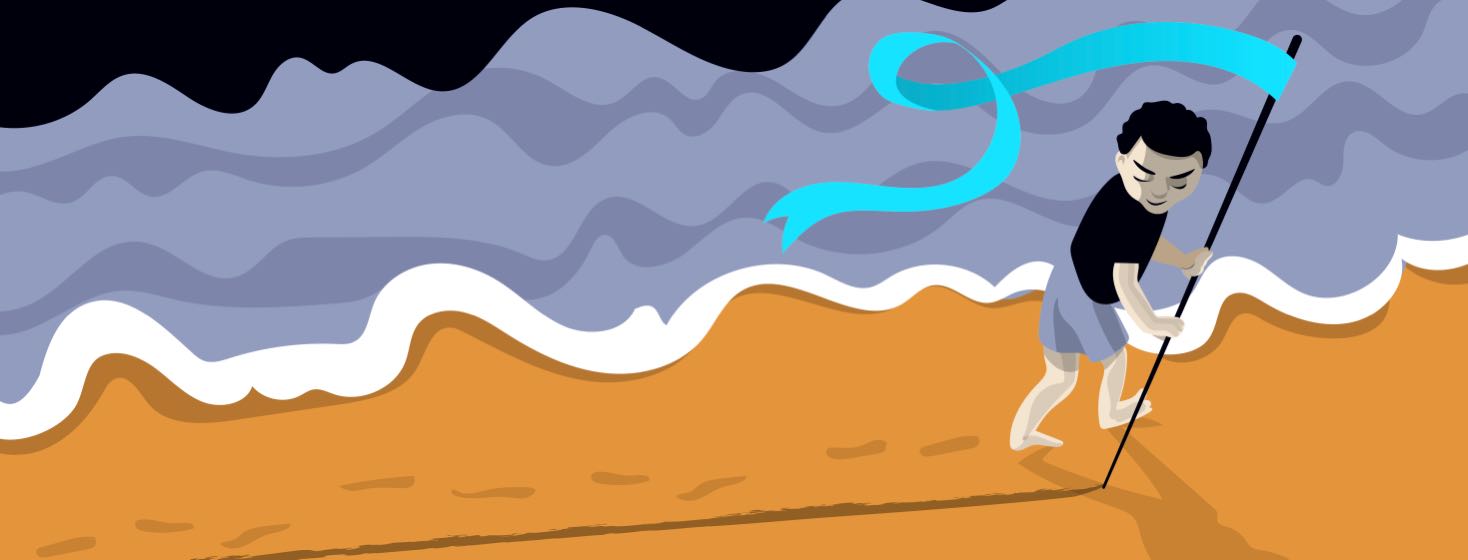Prostate Cancer Community Spotlight: Dan Franke
In March 2008, I decided to take advantage of my company’s free clinic to get a routine check-up. Because I was 55 years old, they asked if I’d ever had a PSA test. I hadn’t, but I’d always heard that it was good for men over 50 to be screened for prostate cancer.
They ran the test, and the results came back with a PSA level of 84; it should have been under 0.4. The company doctors said I needed to see a urologist immediately. A few painful biopsy samples later, and it was confirmed: I had metastatic prostate cancer. Staged at T3C with seminal vessel involvement.
Going along with what the doctor said
After my diagnosis, I was sent to a second urologist to discuss treatment options. The urologist wanted me to get surgery to remove my prostate immediately. I was a little confused; I’d read that if the cancer had already spread, surgery wasn’t an option. But he thought it could be contained. At that point, I decided to go along with whatever the doctor said because I wasn’t the expert.
The surgery was completed in May, and the urologist was optimistic that we’d gotten everything. But surprise! My PSA levels continued to rise. And along with that, I had some extra complications like loose stitches, extra time with the catheter, bladder leakage and diapers, and of course, no more “man stuff.”
Later, I found out surgery was not the only option, and we could have treated my cancer with chemo. I was angry for a little while, but I couldn’t go back. And I knew the doctor hadn’t set out to do damage; he did what he thought was the best thing. But it did teach me two things. One, trust my gut. And two, get second opinions.
Turning to another healthcare professional
One positive came from that urologist: He sent me to my first oncologist, who was just right for me. He was well-learned, plain-spoken, and down to earth, and had a passion for helping men with prostate cancer. He was also brutally honest, which I really appreciated! At our first appointment, he laid out all the steps for me so I knew what to expect, and he took the time to explain and discuss all my options.
Our first plan of attack was two years of heavy chemo combined with some additional treatments. It was tough getting through the side effects, but with the support of my doctor, my wife Susie, and my family, I fought through it until I saw some results: My PSA improved, and in December 2010 we were able to stop the chemo. Now Lupron CAB intermittently.
The most difficult part of having prostate cancer
The loss of Old Dan. I had to grieve the passing of who I was, and then it took several years to come to grips with who I am now. The loss of being a man; nerve sparing surgery was not so nerve sparing.
Talking to others
As a newbie I had no desire to discuss the cancer or its effects on me as a man and the person I was. As time went on, I learned my disease and myself. I decided it was time to help others go through this journey and help them avoid my missteps.
Now I'm a national speaker telling my story, patient ambassador, and contributing member of several online cancer groups. I like to pick up pocket change doing marketing research gigs (all monies used towards my guitar fund).
What I wish others knew about prostate cancer
Not fun at all. But it’s not a death sentence. Life goes on, and you can actually do something good with the knowledge and compassion you can gain from going through the trek.

Join the conversation